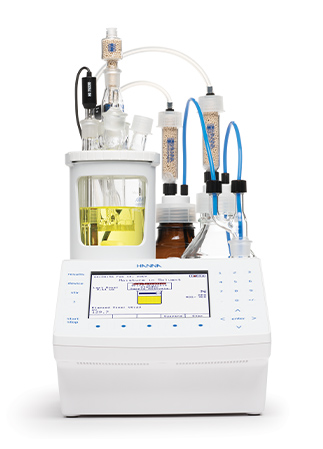
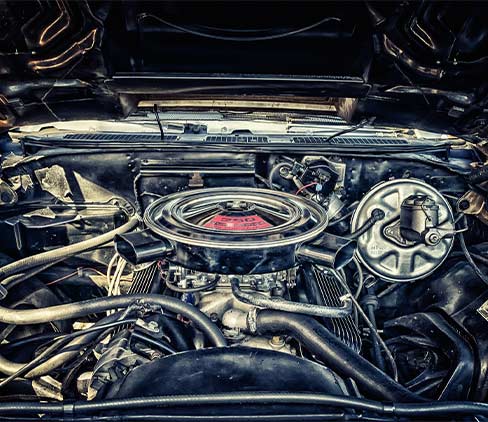
Therefore, controlling moisture in petroleum products is important in their manufacture, purchase, sale, and transfer.
In addition to this, it is important to note that water is heavier than gasoline, so it remains at the bottom of the tank, causing the container to rust. Because of this, microbes can grow inside the tank and destroy the entire fuel system.
Therefore, in order to comply with regulations and guarantee product quality, the Karl Fischer methodology by coulometry is the most convenient option. This is where the HI 934 coulometric Karl Fischer system allows the analysis of these hydrocarbon matrices, with short times of approximately 3 to 4 minutes per sample, it offers an operating range of 1 ppm to 5% H₂O, which is optimal for what is required and demanded for gasoline and other derivatives, finally guarantees its performance by using traceable standards that guarantee the accuracy of the results.
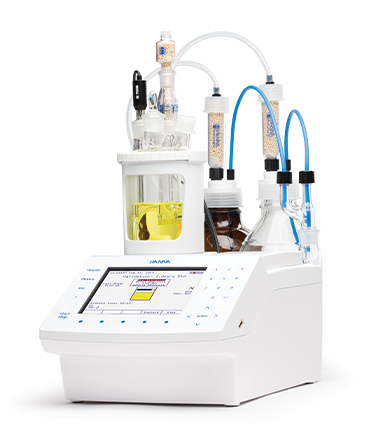
It presents a renewed design that allows complete customization and versatile handling of information thanks to its software and USB connection; generators with and without iodine diaphragm with a pulse of up to 400 mA ; high-efficiency desiccant molecular sieve and a built-in stirrer. Along with this, the titrator allows to store up to 100 user methods or titrant standardization, in which ISO, ASTM, AOAC and EPA standard methods are found.
by Coulometric Karl Fischer Titration
0.02 to 5.00 mass or volume % in crude oils.
HI934
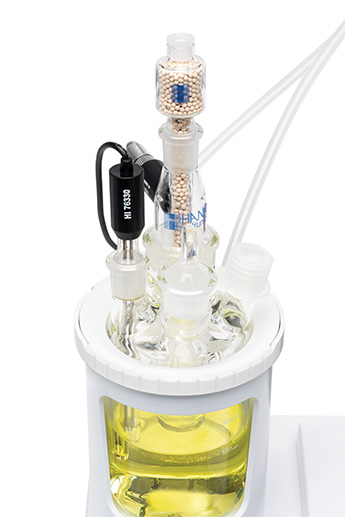
- Dynamic Titrant Dosing
- Drift Rate Compensation
- Titration Results Averaging
- Selectable Endpoint Criteria
- Multistage Cell Preparation
- Titration System
- Precision Iodine Generation
- Chemically Resistant Titration Vessel and Tubing
- Sealed Solvent System
- Molecular Sieve Desiccant
- Digital Built-in Stirrer
- Detailed Titration Graphs
- Interactive Color Display
- Simple and Quick Navigation
- Titrator Data & Reporting
- Customizable Titration Reports
- Flexible GLP Management
- Effortless Data Transfer
- Methods of Analysis
- Customizable Methods
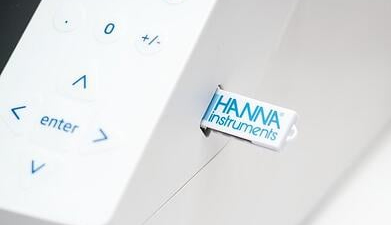
- Titration Method Support
- Connectivity & Functionality
- Configurable Balance Interface
- Multiple Peripherals
- Adaptable Standard Methods
Nives Vinceković Budor
mag.ing.chem.ing.


